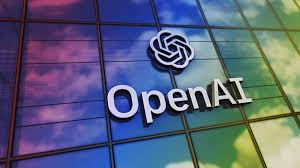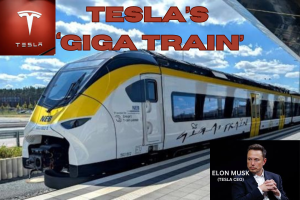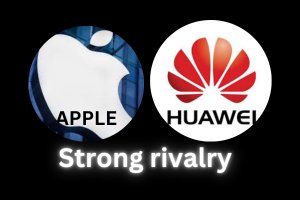This month, OpenAI CEO Sam Altman and other OpenAI executives presented AI services for corporate use to hundreds of Fortune 500 company executives in San Francisco, New York, and London. In certain instances, they even faced off against financial backer Microsoft, according to some attendees.
The roadshow-style events indicate how the company, whose consumer offering is credited with igniting the rise of generative artificial intelligence, is trying to expand its revenue streams from corporates worldwide, some of which may occur in the country of its largest partner.
The three meetings with top business executives—two held in the United States last week and one on Monday in London—have not before been made public.
Attendees who spoke on condition of anonymity said that Altman spoke personally to over 100 executives in each city during the seminars.
Brad Lightcap, the chief operating officer, and Altman provided product demos at each event. These included ChatGPT Enterprise, the company’s renowned chatbot that can produce text in response to basic prompts, software that links client applications to its AI services through APIs, and its newest text-to-video models.
OpenAI has pledged not to use consumer data from ChatGPT Enterprise models for model training. OpenAI representatives discussed a variety of uses, including call center management and translation, with prospective clients from the financial, healthcare, and energy sectors. They mentioned that over 92% of Fortune 500 businesses currently utilize the consumer version of their chatbot.
The biggest OpenAI investor, Microsoft, provides access to the company’s technology through the Azure cloud and through the sale of Microsoft 365 Copilot, an enterprise-focused productivity application that uses OpenAI’s models.
Attendees said that some executives in the crowd questioned why, as Microsoft customers, they should pay for ChatGPT Enterprise.
Attendees stated that Altman and Lightcap replied that they were able to interact directly with the OpenAI team, obtain the newest models, and had more opportunities to obtain customized AI solutions by subscribing to the enterprise service.
OpenAI has been attempting to diversify its revenue stream since their chatbot ChatGPT suddenly gained popularity in late 2022. The company was last valued at $86 billion in a secondary sale. Sources claim that it is on course to meet its 2024 revenue target of $1 billion.
Although the company is working to develop new consumer products, including the ChatGPT retail marketplace, it anticipates that selling to businesses will contribute significantly to its revenue. More than 600,000 people joined up to utilize ChatGPT Enterprise and Team last week, according to Lightcap, which is an increase from about 150,000 in January.
To promote the company’s Sora video creation tool, Lightcap, the lead OpenAI executive focusing on industry adoption, has also traveled to Hollywood and spoken with studio executives. In the creative sector, this technology—which can produce and improve videos based on a user’s text description—has raised both excitement and concerns.
Two significant Hollywood studios informed Reuters that they are requesting early access to start exploring applications; nonetheless, there are certain reservations regarding the source of the video that was used to train Sora, the output’s reliability, and its capacity to safeguard copyrighted content.
According to a person familiar with the proceedings, Altman was also hosted by Fox and News Corp. for a leadership retreat in October of last year, during which he participated in a Q&A session.







